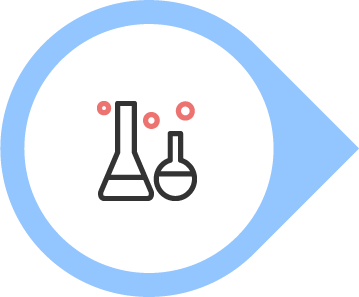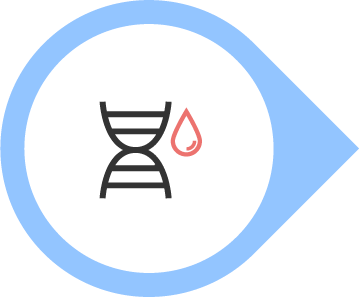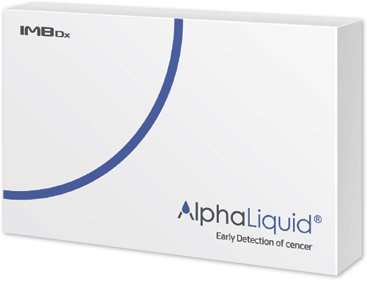AlphaLiquid® 100
The AlphaLiquid®100 test is a powerful tool in the cancer treatment. It enables the detection of biomarkers across 118 cancer-related genes via one blood test. This is crucial for predicting the efficacy or resistance of targeted therapies.
In a cancer patient's treatment journey, a simple blood draw with AlphaLiquid®100 can play a pivotal role. It supports the monitoring of how effective the treatment is and allows for a timely strategy shift when biomarkers indicating resistance appear. This seamless integration of advanced testing into the treatment process offers a more tailored and responsive approach to cancer care.
A Tumor-Agnostic Test
Tissue specimens are either from surgical resections or biopsies which may raise the risk of bleeding, and infection and further require recovery from the procedure. Genomic profiling of tissue samples provides a single point in space and time which is lacking the ability to reveal tumor heterogeneity and to test repeatedly to monitor the treatment efficacy. The risk of tissue biopsy is much higher for elderly patients and patients who are taking blood thinners. And the amount of specimen from one biopsy is not sufficient when several single driver gene tests are done separately (e.g. EGFR, ALK, ROS1, BRAF etc.).
AlphaLiquid® profiling test leverages liquid biopsy samples to detect tumor cell-derived circulation tumor DNA(ctDNA) that circulates in the bloodstream. A minimally invasive simple blood draw can avoid the inconvenience of surgical biopsy and detect ctDNA from bloodstream to overcome the heterogeneity in metastatic tumors which is not available for tissue biopsy in most cases.
AlphaLiquid®100 test is a CGP(Comprehensive Genomic Profiling, CGP) test detects variants across 118 cancer-related genes. The AlphaLiquid®100 is applicable for all solid tumors, including the leading cancer types like lung, gastric, colon, breast prostate, and also available for rare tumors including melanoma, sarcoma etc.
| Assay Type | Targeted hybrid capture NGS based on proprietary HQS™ technology |
|---|---|
| Sample Requirement | 20mL of whole blood or CSF, 40mL of PE or Ascites (cfDNA input amount: 5-30ng) |
| Panel Size | 466kb |
| No. of genes | 118 genes (including 15 HRR genes) |
| Detected Alterations (5) | SNVs, Indels, CNAs, Fusions, HRR |
| Detected Signatures | MSI, TMB |
*HRR (Homologous recombination repair) genes: genes involved in repair of damaged DNA
Analytical Performance
| Reportable Range | Allelic Fraction / Copy Number | Analytical Sensitivity | Analytical Specificity | |
|---|---|---|---|---|
| SNV | ≥ 0.03% | ≥ 0.1% | 95% | 100% |
| ≥ 0.5% | 99% | |||
| Indel | ≥ 0.01% | ≥ 0.1% | 95% | 100% |
| ≥ 0.5% | 99% | |||
| CNA | ≥ 2.2 copies | ≥ 2.4 copies | 99% | 100% |
| Fusion | ≥ 0.05% | ≥ 0.2% | 95% | 100% |
AlphaLiquid® 100 Test Process
-
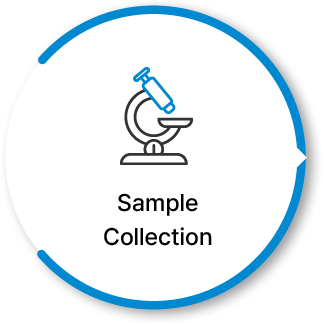
Minimum of 10mL of patient's whole blood is collected, stored and shipped in a tube that stabilizes cfDNA (eg., Streck tube), which are then sent to IMBdx's central laboratory for analysis
-
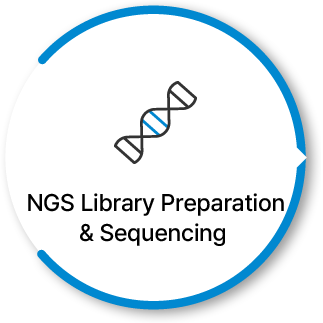
cfDNA is isolated from blood and undergoes Quality Control (QC). QC-passed samples are then prepared into NGS libraries through an automated proprietary process, after which high-throughput NGS is performed.
-
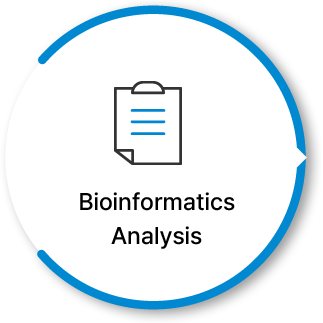
Various genetic alternations (SNVs, Indels, CNAs, Fusions, HRR) and signatures (MSI, TMB, LOH) are analyzed from the NGS data using IMBdx's patented, machine-learning enabled bioinformatics pipeline.
-
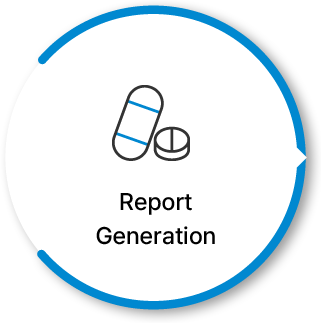
A clinical analysis report is generated and sent to the treating physician, providing information including detected variants and matching guideline-recommended therapy options, longitudinal tumor response analytics, as well as relevant on-going clinical trials.


